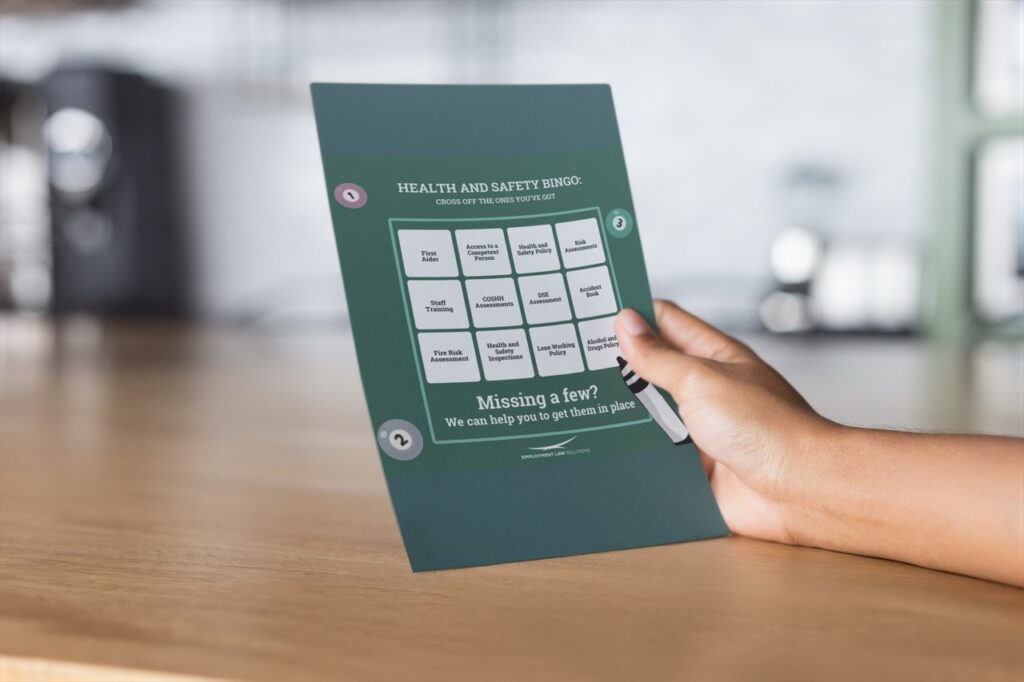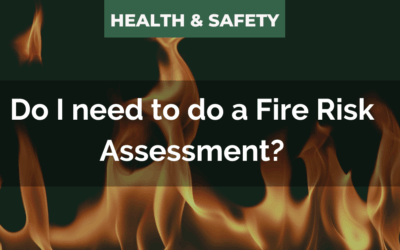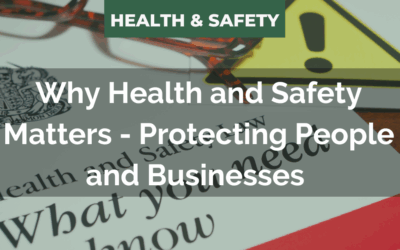Coronavirus Help | Rates of Pay • March 2, 2020
Coronavirus Crisis Questions!
Written by Jennifer Ormond
Coronavirus Crisis Questions!
With the diagnosed cases of Coronavirus increasing in the UK, business owners and managers are concerned over what steps they can take to protect their staff and the economic stability of their business. We have answered the three main questions below and included our 5 Top Tips on dealing with the crisis.
“My employee has been diagnosed with coronavirus and cannot attend work. Do I need to pay her?”
When an employee has been diagnosed with coronavirus they will most probably be given a fit note. If eligible, they will be entitled to receive Statutory Sick Pay (SSP) or contractual sick pay should they be entitled to it.
“My employee has self-isolated. Do I need to pay him?”
The Government advice is that it would be good practice to pay an employee who has self-isolated. The legal position is different and our advice is that if an employee self-isolates, they are not ill. Where an employee self isolates and is not covered by a fit note they are not entitled to either SSP or contractual sick pay, as quite simply, they are not yet ill.
In this example it may be beneficial to allow employees to work from home during their isolation period, or use annual leave instead.
“I have instructed my employee not to attend work. Do I need to pay her?”
You may instruct an employee not to attend work if they have had contact with someone who has been diagnosed with coronavirus, or who has returned from a high-risk country. When an employee has been instructed not to attend to work but they themselves are ready and willing to work, they should be paid.
This could be tricky for employers given that there is no obligation to self-isolate. Again, it may be beneficial to allow employees to work from home or use annual leave.
Our Five Top Tips to help minimise spread of coronavirus in the workplace and comply with your obligation to protect the health and safety of staff:
1. Provide anti-bacterial hand gel, either communal or individual (this could be classed as a trivial benefit and be tax free for employees and tax deductible for you);
2. Provide easy access tissue for staff to catch any coughs or sneezes;
3. Request cleaning staff or contractors pay special attention to ‘high touch’ areas and use anti-bacterial cleaning products;
4. Provide staff with hand washing guidance – this NHS link is great;
5. Provide, where possible, isolation facilities or the ability to work from home, should someone become unwell at work.
For solutions to more specific queries call Employment Law Solutions on 01270 781 006 or email [email protected]

You might also like…
Health & Safety Bingo! Compliance Made Simple (and Not Boring!)
Health & Safety Bingo is here to prove that compliance doesn’t have to mean boring manuals, endless tick-boxes, or confusing jargon. If you’ve got five or more staff, there are a few essentials you need to cover, but it can be simple, visual, and even a little...
The Leng Review and risks to your business
Major Changes to Physician Associate Roles Following Leng Review: What NHS Practices Need to Know The recent publication of the Leng Review has included recommendations which require significant changes, specifically around the role of Physician Associates. What...
Do I need to do a fire risk assessment?
Fire risk assessments are a fundamental legal requirement in the United Kingdom that could, to be blunt, be the difference between life and death. Understanding your obligations under UK fire safety legislation is crucial for anyone responsible for premises,...






